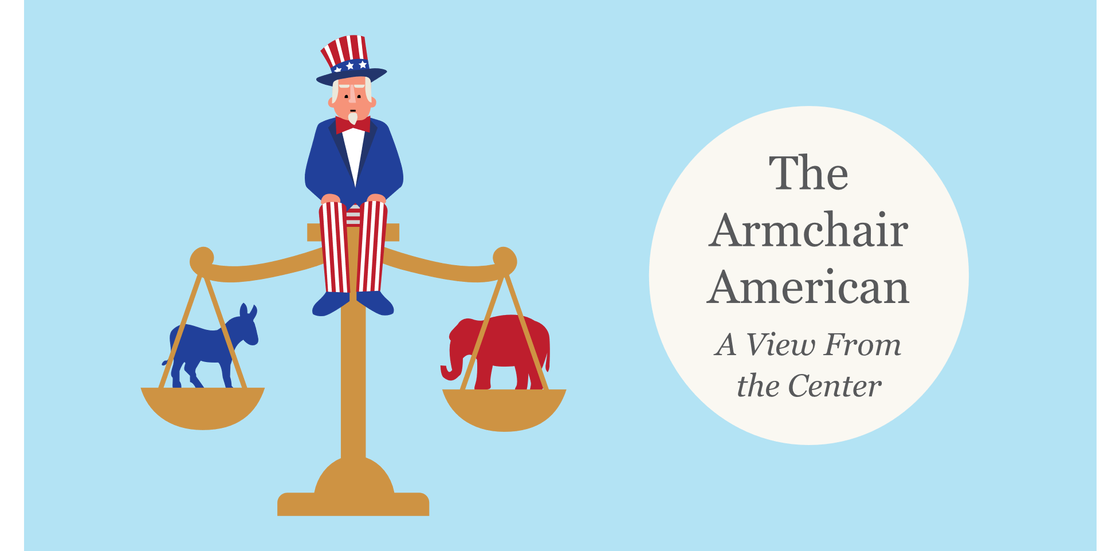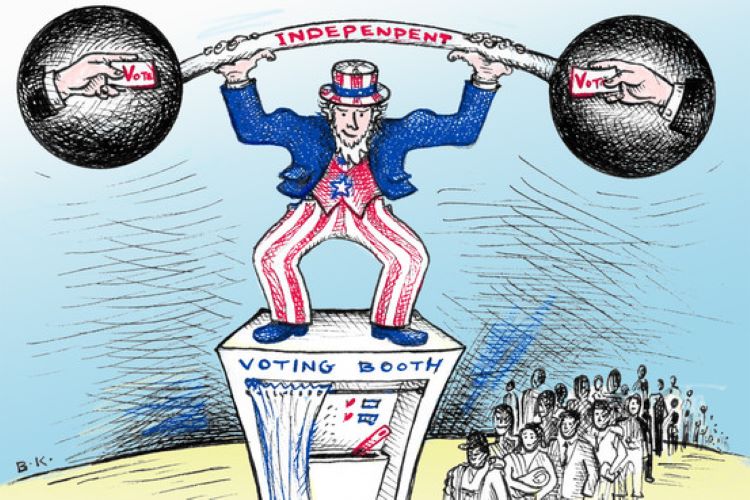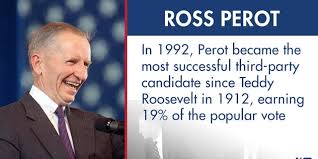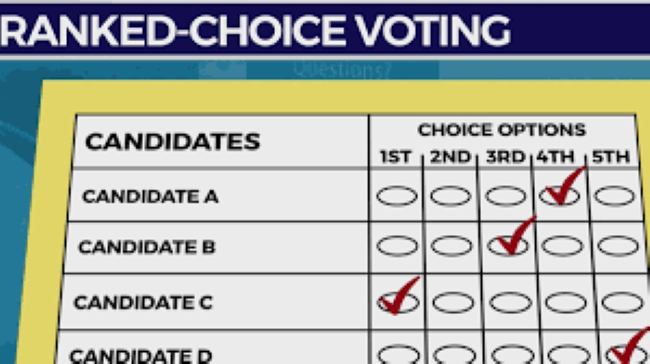|
The largest proportion of American voters identify themselves as independents. These are the voters who do not formally align themselves with a political party, and are also called non-affiliated voters. I fall into this category. According to a 2021 Gallup poll approximately 29% of voters identified as Democrats, 27% as Republicans, and 43% as independents. There are dozens of local, state, and national political parties other than the two majors. The biggest of the “third-parties” are the Libertarian Party, Green Party, and American Independent Party. Most of the third-parties are too narrow in scope to attract enough independent voters to make much of a difference. A newly formed political party called “Forward” is out to change all that. Let’s take a look at this new party and at other ways independent voters may have more influence in the political process. Forward (FWD): Last month three political organizations announced that they have merged to create a new entity called “Forward”. Forward plans to officially launch as a new political party on September 24, 2022. It will be co-chaired by former Democrat candidate for President Andrew Yang and former Republican Governor of New Jersey Christine Todd Whitman. According to a recent press release, Forward “will be a political home for the majority of Americans who want to move past the era of divisiveness and do-nothing politicians so that our government starts working again”. There tag line is “Not Left. Not Right. Forward”. Forward proposes to reject the divisiveness of the far right and far left and pursue common ground ideas the majority of Americans can support. This all signs well and good, and a third major political party built on compromise and centrist ideas would be a good thing for America. But third-parties don’t have a great track record in this country. The Democrat and Republican Parties are a duopoly and have become the de facto gate keepers to the political process in the United States. Third-Party Angst: Most voters choose a candidate from one of the two major political parties rather than “wasting” their vote on a third-party or independent candidate. The current system discourages third-party candidates for fear of the “spoiler effect”. This occurs when the third-party candidate pulls a significant number of votes from a major party candidate, impacting the outcome of the election. Ross Perot received enough of the Republican and independent votes to assure Bill Clinton’s victory over George H.W. Bush in the 1992 Presidential election. Al Gore would have probably beaten George W. Bush in 2000 if not for the votes that went to Green Party candidate Ralph Nader. Fear of the spoiler effect helps to entrench the two major parties and keeps minor parties and independent candidates from gaining much traction. The result is that voters often have the choice of picking between the lesser of two evils. To get around this problem, Forward is pushing “Ranked-Choice Voting” and “Open Primaries” as part of its platform. I have written about both of these in a previous blog, but the concepts are worth repeating here. Open Primaries: In an open or nonpartisan primary, everyone who wants to run for a given office can enter the same primary election regardless of their party affiliation. In a true open primary, all candidates would be listed on the same ballot and the election would be open to all voters, regardless of political affiliation. But this is not the case in most states because political parties often “close” their primaries to those not registered with their party. Therefore, many independent voters are either prohibited from voting in party primary elections or face restrictions. Open primaries give all constituents a voice in the election and it moderates the process by forcing politicians to appeal to independents as well as to their base. Closed primaries have the perverse effect of producing elected officials more accountable to their party than their constituents. You can find more information on this important topic at “Open Primaries”, an organization advocating for open primaries. After all, no American should be required to join a political party to exercise their right to vote. Ranked-Choice Voting (RCV): An election system in which a voter can rank candidates in order of preference. Here’s how it works:
Is it time for another major political party in this country? I think it is. Whether that major new party is Forward or something else, I think it would be good for democracy. I wish Forward well, and I hope that they succeed. Even if they don’t, I will continue to support RCV and open-primaries. These are nonpartisan approaches that give voters more choice and will help to make our elections more democratic.
If you enjoy reading this type of commentary please subscribe to my blog and tell a friend. You will receive an email notification when new blogs are posted. The email will come from the site’s email: [email protected]. Thanks, Armchair American
0 Comments
Leave a Reply. |
AuthorThe Armchair American. Archives
November 2024
Categories
All
|











 RSS Feed
RSS Feed